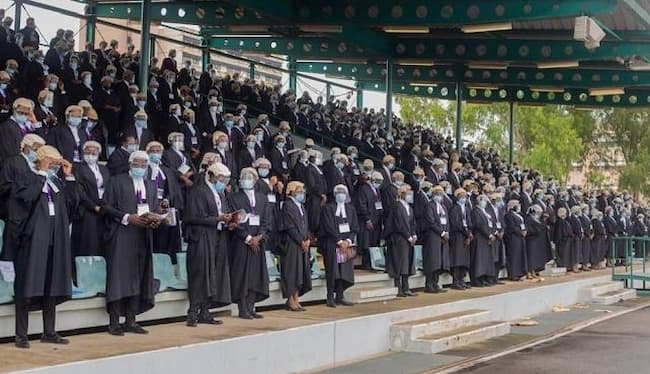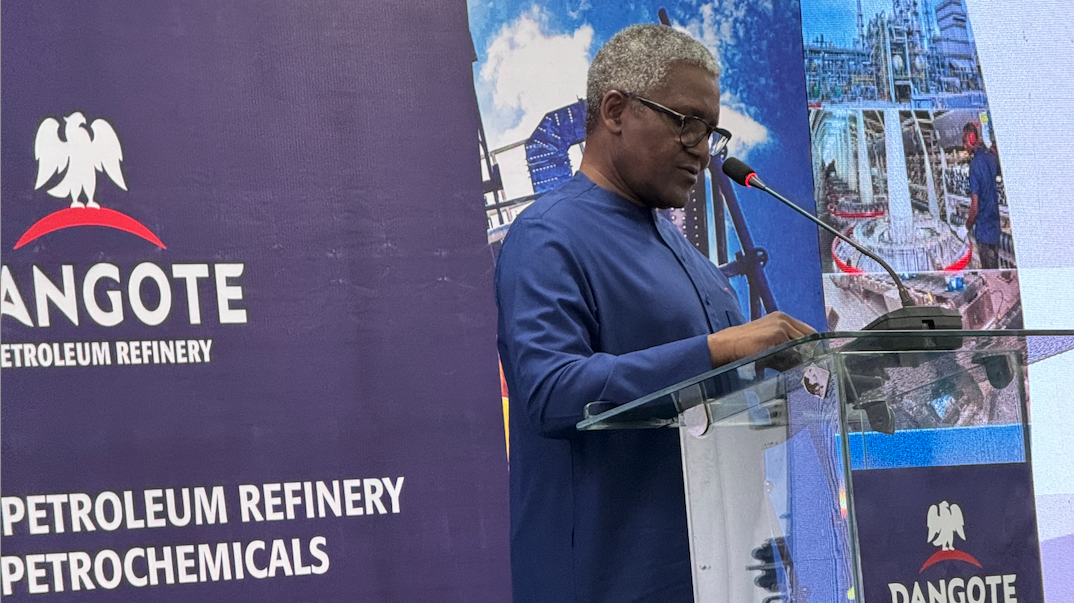Place your adverts here on InfoDig @ low rates; banner ads, sponsored links and guest articles etc. Contact us
Legal professionals from Olisa Agbakoba Legal (OAL) express concerns over the N10 million fine outlined in Nigeria’s National Digital Economy and E-Governance Bill, currently under review by the National Assembly.
The bill aims to establish a legal framework for the digital economy, addressing areas such as electronic transactions, data protection, cybersecurity, and digital infrastructure.
The contentious provision imposes a N10 million fine for violations, applicable to public institutions, private entities, and individuals operating in the digital space. However, the lawyers argue that the fine is disproportionate to potential breaches and beyond the financial reach of many involved in the system, raising doubts about its enforceability.
In their review, the OAL lawyers propose alternative sanctions, including demotion, denial of promotion, or termination of employment. They also question the imposition of fines on public institutions, suggesting that holding the Chief Executive Officer accountable, potentially through removal, would be a more effective deterrent.
The bill’s Part 13, which grants supremacy over other laws in matters related to the digital economy, also raises concerns among the lawyers. They warn of potential regulatory conflicts between the National Information Technology Development Agency (NITDA) and other government bodies with overlapping authority, emphasizing that clearer delineation of roles is necessary to avoid jurisdictional disputes.
While acknowledging the bill’s potential to advance Nigeria’s digital transformation, the legal experts stress the need for foundational improvements in infrastructure, digital literacy, and cybersecurity. They argue that addressing these challenges will determine the bill’s success in positioning Nigeria as a leader in the global digital economy.
Minister of Communications, Innovation, and Digital Economy, Dr. Bosun Tijani, meanwhile, highlights the bill’s importance during a recent media engagement in Abuja, stating that it would provide a comprehensive legal framework for Nigeria’s digital economy, with implementation planned across all six geopolitical zones once the bill becomes law.








)

)





 English (US) ·
English (US) ·